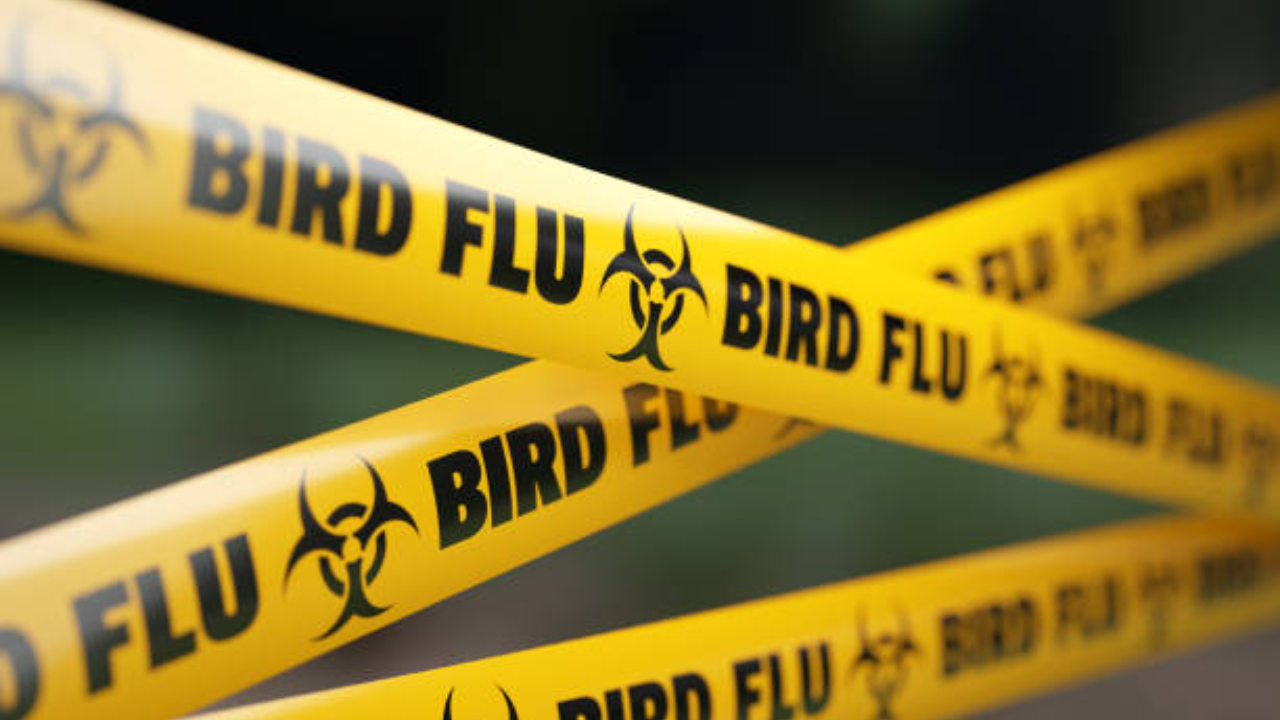Until about two weeks ago, Odessa Gun was planning to bring two dogs back from China to her rescue farm in Santa Rosa, hoping to give them sanctuary and a better life.
Both dogs were fully vaccinated, microchipped, spayed and neutered and had “titer” tests that proved that they had antibodies from rabies inoculations.
Cupcake was a white and red, 6-pound Chihuahua and King George, whose hind legs were lopped off in a meat market, would be getting mobility wheels once he arrived at the 7-acre Little Troopers Ranch.
The trip from Harbin, China, to SFO was planned for April 22, but the arrangements were scuttled when the federal Centers for Disease Control and Prevention denied her application. The dogs would have to be quarantined in Los Angeles.
“I can’t take two or three extra days to fly to LA and then wait around while the dogs are in quarantine for them to make some arbitrary decision on whether or not the dogs have to get back on a plane, at our expense, to China or cleared to come to our rescue.”
Beginning Aug. 1, CDC dog importation rules become more restrictive, and some animal rescue groups — including those with operations in the North Bay — are not happy.
The updated rules stem from the CDC’s temporary pandemic-era ban on the importation of dogs from countries with a high risk of rabies. But new rules now apply to countries deemed as low-risk or rabies-free countries.
The rules apply to all dogs, puppies, service animals and U.S. pets that are reentering the country. They apply to everyone, whether you are a U.S. citizen, legal resident or foreign national.
If a dog is denied entry into the United States, it will be sent back to the last country of departure at the owner’s expense. Country of departure is where it boarded the U.S.-bound plane, not where the dog was born or where it previously lived.
After the CDC released its new importation and travel rules on May 8, animal advocates quickly balked.
The Humane Society Legislative Fund, a lobbying affiliate of the Human Society of the United States, in a statement, said the new rules would disrupt international rescue efforts and make it harder for families to travel back to the U.S. with their pets.
“The CDC’s job is to maintain public health, but these new requirements may needlessly delay Americans — including government personnel and military families — from returning to the United States with their pets, creating great anguish and breaking up families in the process,” said Tracie Letterman, vice president of federal affairs at Humane Society Legislative Fund.
Letterman said the new rules will likely cause confusion and result in groups abandoning international rescue efforts.
Under the CDC’s new rules, all dogs entering the country, including those from non-risk or no-risk rabies countries, must:
* Appear healthy upon arrival
* Be at least six months old
* Be microchipped
* Be accompanied by a CDC Dog Import Form online submission receipt.
Other rules include: all dogs must provide either proof of rabies vaccination or veterinary documentation based on which countries the dogs have been in using CDC’s new forms.
Dogs vaccinated in the United States can now enter through any U.S. port with proof of U.S.-issued rabies vaccination, the CDC said in an email. Also, the agency said all foreign-vaccinated dogs that have been in a high-risk country in the past 6 months must now make a reservation at a CDC-registered animal care facility before arriving.
“CDC will no longer issue Dog Import Permits for foreign-vaccinated dogs arriving from high-risk countries,” the agency wrote in the email.
The CDC says the new, more restrictive rules are an effort to keep the latest rabies virus variant out of the United States after its eradication in 2007.
The changes are also a response to “recent challenges” in international dog importations, such as the use of fraudulent documentation and dogs being housed in unsafe conditions when they don’t meet the requirements to enter the country.
Gunn, a former professional cyclist and longtime animal welfare advocate, said dog rescue groups would never use fraudulent documents. The practice, she said, runs contrary to the dog-centered mission that underlies rescue operations.
Gunn speculated that any increase in the use of fraudulent importation documents, such as phony vaccination records, was likely coming from unscrupulous dog breeders.
“We’re not in it for the money,” Gunn said. “Why would we forge something? We care about the animals. If we forged something and got caught, it’s the animal that suffers because of that. And nobody in rescue would do that.”

Rachel Carter is a health and wellness expert dedicated to helping readers lead healthier lives. With a background in nutrition, she offers evidence-based advice on fitness, nutrition, and mental well-being.







